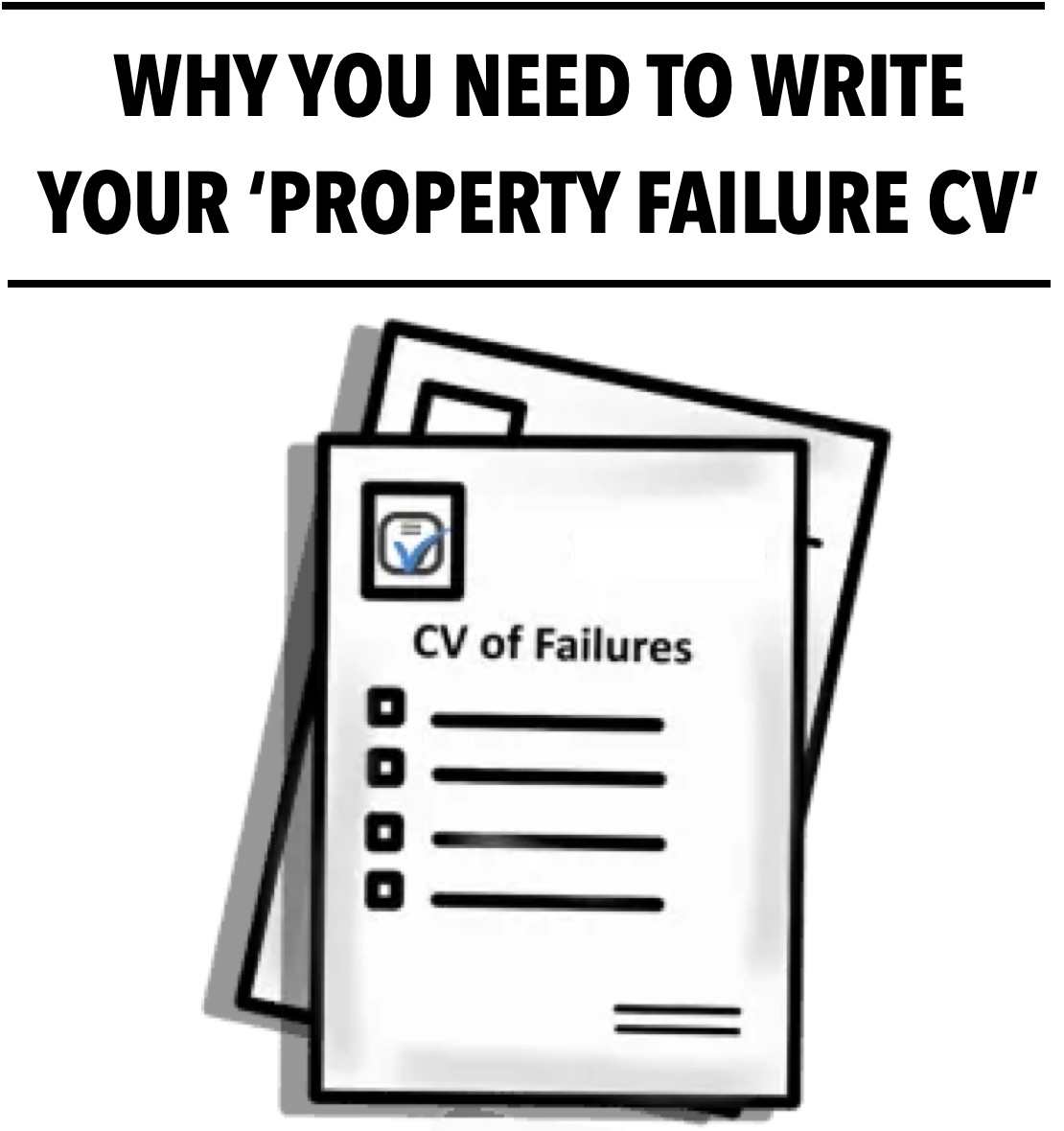Whatever sage you’re at with your property endeavours, do you ever stop and think to yourself, I thought I’d be further along the journey to success by now?
I’d make an educated guess that anyone in property reading this will have felt this at some point, or is possibly feeling this now. I know this because I’ve felt it on many occasions and continue to feel it.
For many, property education goes hand in hand with the results – courses, mentorships, books, podcasts etc. So why can it feel like the reality of success lags behind the rate of learning and education?
I’ve been working through a Darren Hardy leadership course and in the Q&A one of the other delegates asked the following question to him-
Why does it always feel like my success is constantly playing catch up to my learning and development?
Does this mean I’m overestimating myself or possibly down playing my progress and achievements, or is the problem something else?
If you can relate at all with this question then this post is for you. Darren delivered such a great answer that I had to write it down and share it because I know that others will need to hear this right now. He quotes Jim Rohn for most of his response so I’m going to quote and paraphrase both Darren and Jim Rohn for the rest of this short post.
Jim taught him that, “There are 2 qualities that can increase your chances of success:
#1 Patience
#2 Persistence
Jim would call patience “learning to handle the passing of time”. Once you have the appetite for success, and you start going for it, now you’ve got to handle the passing of time. Here’s why…IT TAKES TIME. It takes time to build a corporate work of art that impacts the lives of many. It takes time to build a successful life.
Here’s the ultimate challenge – you’ve got to have patience, first with yourself.
Lack of patience is probably the worst enemy of ambition. While your ambition keeps growing, keeps moving, keeps looking for new ways to succeed, impatience tends to grow frustrated. Impatience won’t allow for persistence. Impatience wants to give up. Impatience calls the temporary discouragement ‘failure’, but your ambition won’t let you give up so easily. Not if you’re persistent. What others might call failure, ambition calls ‘learning, growing and making progress’, a chance to make adjustments along the charted course towards success.
Ambition knows there’s something else to this. It knows that the longer an achievement is in the coming, the more patience and persistence are required, and because of it, the more valued and valuable the achievement is.
Here’s the underlying message – Just keep moving through the struggle of persistence and patience. Give your proverbial caterpillar the time it needs to go through the metamorphosis to become the beautiful and amazing butterfly it was intended to be.”
I do hope that these words serve to remind you to keep making that incremental progress, knowing that behind it all the metamorphosis is happening – you are becoming more!



